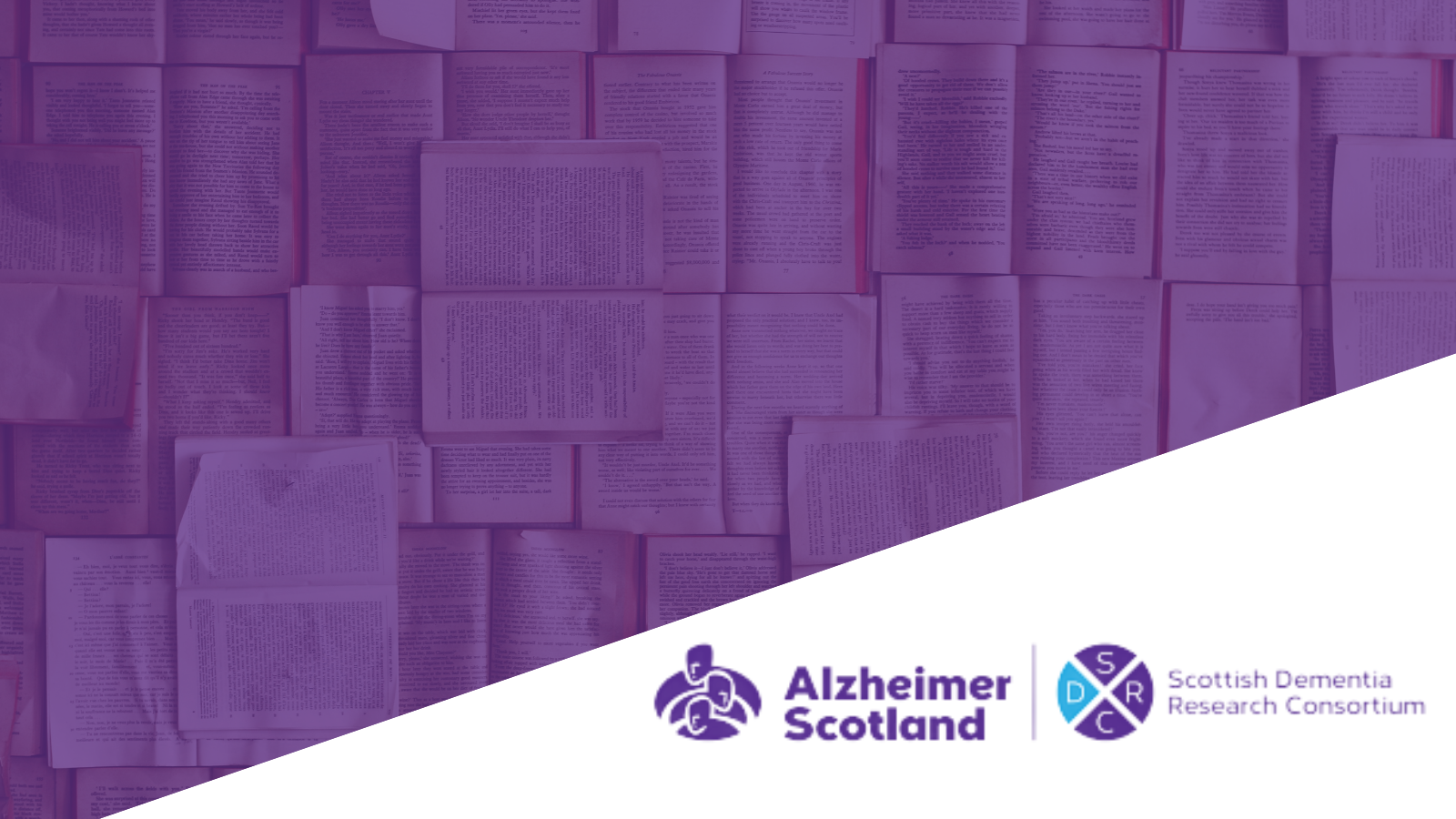Confident Conversations is a collaboration between the Neuroprogressive and Dementia Network (NDN) and Alzheimer Scotland. It is a forward-thinking initiative to assist in enabling everyone with dementia to be offered the opportunity to participate in research. This blog outlines the work that has been done in achieving these aims. It is an extract from the SDRC Annual Report 2022/23, which you can read in full here.
The aim of Confident Conversations is to empower Alzheimer Scotland staff, as professionals with an established relationship with the person living with a dementia diagnosis and their family, to have conversations about research participation.
It also assists in developing closer links with the local NDN team meaning that there is research expertise available and someone to contact locally about research.
The expected outcome will be a higher number of people participating in dementia research because of these conversations. This will help to meet the goals of increasing prevention, improving care and ultimately finding a cure.
From 2022/2023 financial year the Confident Conversations programme has:
-
- Developed a workbook for all key Alzheimer Scotland staff to access
- Developed and delivered pilot training to two sites, which enabling NDN staff to refine the content and delivery of the programme
- Delivered a further 6 sessions and planned to deliver 4 more.
Feedback on the sessions so far have ben largely positive. All respondents indicated that the training had introduced new ideas about how to have confident conversations about dementia research, with almost two thirds stating they felt more confident in general around research.
The NDN are also gathering information about how staff who have been involved in the training are able to use their new knowledge to have conversations about research with the people they are in contact. While many Alzheimer Scotland staff have disseminated a lot of research recruitment materials, it will take a number of months to be able to assess the increase in referrals to research initiatives.
The feedback received will shape delivery of future sessions and has been used to create new materials to support staff learning. This has included the Confident Conversations toolkit postcard (Figure 3) that the staff can use when thinking about research and talking to their contacts. It has been well received amongst Alzheimer Scotland staff.
It has been suggested that this training is widened to a larger population in health and social care and one group of attendees wants this to be delivered to NDCAN and the SDWG. More trainings will be delivered to more remote parts of Scotland
If you are an organisation that is working in a field related to dementia/ brain health research and would like to write a blog for the SDRC website, please get in touch.

